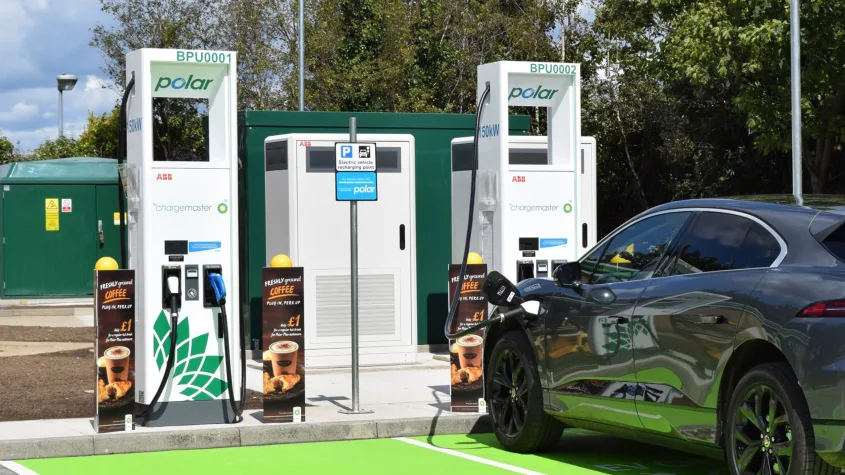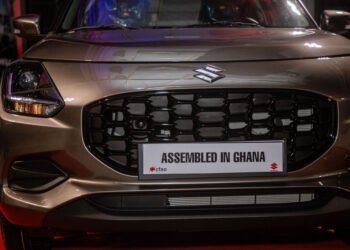An electric car charge point designed to meet draft proposals for the long-awaited Government of UK backed accessibility standard which was drawn up by the British Standards Institute (BSI), has been condemned by disabled users during an Auto Express test.
Some tech enthusiasts at Auto Express have been leading campaigns to highlight electric car accessibility issues, and charging problems, which according to them is one of the reasons why Electric Vehicles (EVs) are off-limits to many disabled people.
In the UK, many drivers, are eagerly anticipating the Government-backed Publicly Available Specification (PAS 1899) for charge points, which was published in draft form by the BSI in April 2022 for consultation.
Towards the end of April this year, charging provider Osprey unveiled its vision of a new ‘accessible charging bay’ at the Fully Charged EV show. The new charging point was compliant with draft guidelines. After the installation, Auto Express asked individuals with mobility issues to try it out as a form of a test.
According to the findings, all the volunteers used walking sticks, not wheelchairs, yet all faced problems attempting to lift and connect the heavy rapid-charge cables and plug, even when the test car was parked with its charging socket at the closest possible point to the charger. However, two of the testers declined the invitation to try and extend the cable the few meters to the rear of the car, stating that they would simply find it impossible.
Heavy Cables and Plugs
The fundamental problem the BSI guidance overlooks is the weight and limited maneuverability of rapid charging cables, and the significant strength and dexterity required to orientate the plug with the socket. Even when supported at one end, as per the BSI guidance, the officials measured the weight at around 7kg for an extended cable, and when lifted close to the charger, it weighed around 5kg.
One disabled participant retorted, “Wow,” she said, after struggling with the cable. “If that was the only charging option, I would have to stay at home. The car is my freedom, and that’s a horrible thought.”

Auto Express calls for maximum charging cable weight limits
Based on the concerns raised by the disabled fraternity, Auto Express responded to the PAS 1899 draft consultation, demanding that maximum weight limits be included within the scope of the standard.
“We say that charge points must not be deemed accessible if users can’t lift or orientate cables, and that maximum weight limits must be agreed upon with disabled groups.”
Auto Express
Auto Express noted that if the charge point industry cannot meet acceptable weight restrictions for cables fitted to rapid charging equipment, the government or charging service providers must look towards the approach taken at filling stations where attendants are available to meet the needs of disabled drivers who need help with petrol or diesel pumps.
“We don’t believe it is acceptable, responsible, or even honest to launch any kind of formal accessibility standard that takes no account of the weight and maneuverability of charging cables, and the scope of the standard must be widened to cover this fundamental issue.
“PAS 1899 as currently drafted is terrific news for infrastructure designers and installers who can say ‘we meet officially approved standards’, but it is of no use whatever to a driver who arrives at a charging site and is unable to lift the cable and plug it into their car. PAS 1899 as it stands will leave disabled people wondering who the accessibility standard has been drawn up for; disabled drivers, or an industry or government looking to sweep their issues under the carpet.”
Auto Express
Meanwhile, the BSI’s PAS 1899 draft stipulates that accessible charge points should use cables suspended at one end to help manage weight and prevent trip hazards, but it doesn’t address the maximum allowable cable weight. However, a covering letter to the consultation shows the BSI is aware of the issues.
READ ALSO: Fidelity Bank Partners With Estate Developers to Provide Mortgage Loans for Customers























